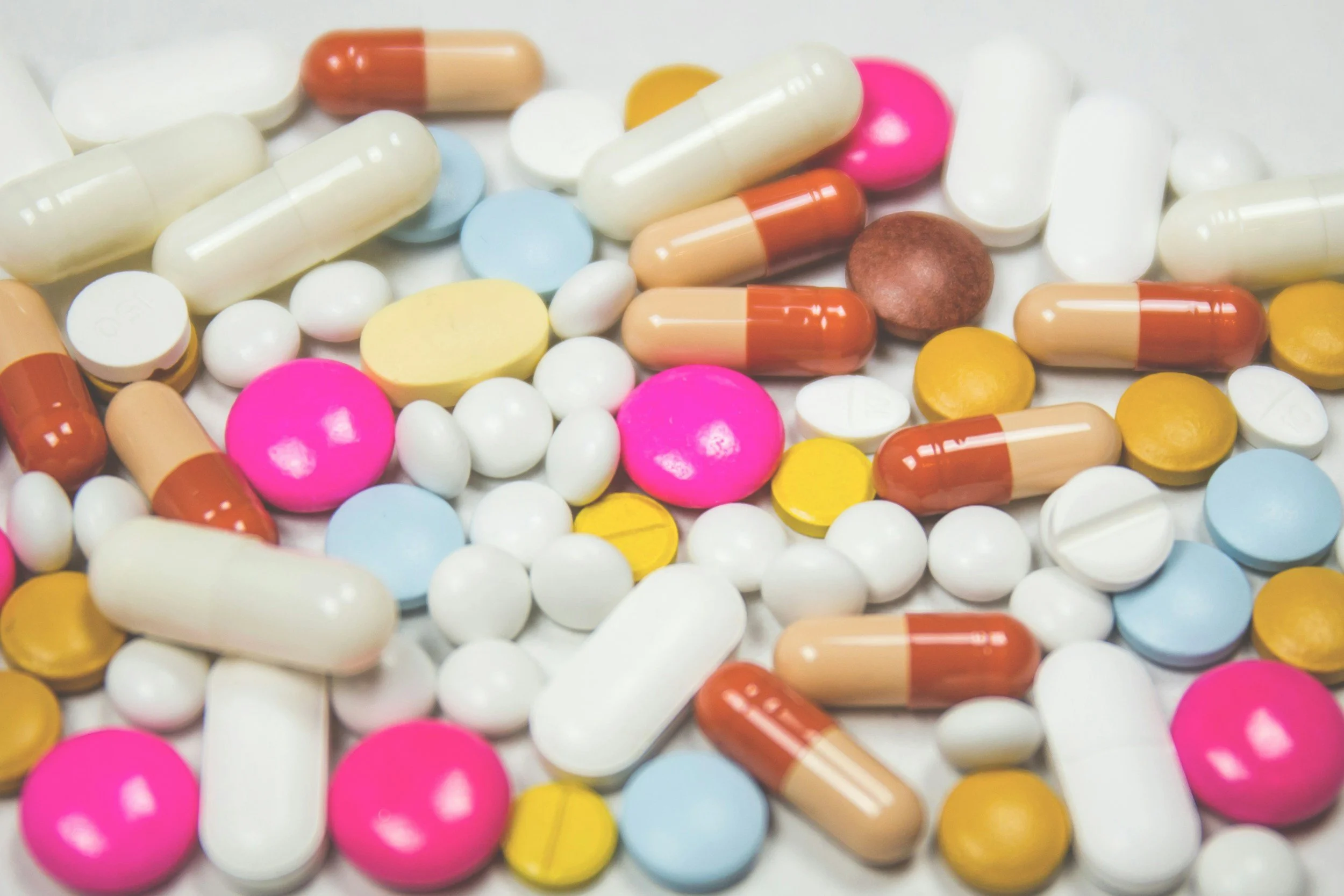Addiction and substance use disorder
Substance use disorder is a pattern of substance use that leads to significant distress and impairment in daily functioning.
People who have substance use disorder may be aware of their problem but not be able to stop even if they want to. Over time, they build up a tolerance to the substance and require larger amounts to feel the effects. This downward spiral can cause physical and psychological problems, leading to issues with family members, friends, and coworkers. In some cases, it can lead to serious illness and death.
Substance use disorder can cause distorted thinking and behaviors. Repeated substance use can cause long-lasting changes in how the brain functions.
Substance use disorder symptoms
Impaired control: a craving or strong urge to use the substance; desire or failed attempts to cut down or control substance use.
Social problems: substance use causes failure to complete major tasks at work, school, or home; social, work, or leisure activities are eliminated or decreased because of substance use.
Risky use: substance is used in risky settings; use continues despite known problems.
Drug effects: tolerance (need for larger amounts to get the same effect); withdrawal symptoms (different for each substance).
Treatment
The first step is recognizing the problem, although it is common for people to lack awareness of the problems that their own substance use brings. Self-referrals aren’t uncommon, but interventions by concerned friends and family are often what get people into treatment.
Substance use disorders affect many aspects of a person’s life, often requiring multiple types of treatment, including a combination of medication and psychological therapy. An individualized treatment approach that addresses an individual’s specific situation and any co-occurring medical, psychiatric, and social problems are optimal for leading to sustained recovery.
For some, medications can be helpful to control drug cravings, relieve symptoms of withdrawal, and prevent relapses. Psychotherapy can help the individual build a strong relapse prevention plan, considering all the contributing factors to their use and ways to be planful rather than getting caught off guard and falling into old habits. It can also address key contributing factors to substance use such as underlying trauma, pain, or mental health issues that were never addressed before.
What is “dual diagnosis”? According to the National Survey on Drug Use and Health, 17 million U.S. adults experienced both mental illness and a substance use disorder in 2020. This combination of illnesses is called dual diagnosis.
The best treatment for dual diagnosis is integrated intervention—treating the diagnosed mental illness and substance use disorder at the same time. The idea that “I cannot treat your depression because you are also drinking” is outdated — current thinking requires both issues to be addressed.
Work with healthcare providers to understand the ways each condition affects the other and how treatment can be most effective. Treatment planning will not be the same for everyone, but here are a few common elements:
Detoxification The most intensive level of treatment is considered detoxification. Depending on the substance, and the approach the patient and their provider lands on, detoxification might be deemed necessary as part of the recovery journey. During inpatient detoxification, trained medical staff monitor a person 24/7 to ensure safety.
Inpatient Rehabilitation The next level of intensity in treatment support is inpatient rehabilitation. Some patients benefit from the supportive and structured environment provided by inpatient rehabilitation treatment, where they can receive care 24/7. These treatment centers provide therapy, support, medication, and health services to treat substance use disorder and its underlying causes.
Psychotherapy is usually a large part of an effective treatment plan. This can be delivered in an inpatient or outpatient setting and at various levels of intensity and frequency. Various modalities of treatment are available and the patient works with a trained clinician to select the best fit to their presenting needs.
Medication support as part of the treatment plan can help reduce cravings and manage withdrawal symptoms so the individual can focus on recovery and reduce the risk of relapse or death by overdose.
Supportive Housing Group homes, or sober houses, are residential treatment centers that may help people who are newly sober or trying to avoid relapse.
Self-Help and Support Groups. Dealing with a dual diagnosis can feel challenging and isolating. Support groups allow members to share frustrations, celebrate successes, find referrals for specialists, find the best community resources, and swap recovery tips. They also provide a space for forming healthy friendships filled with encouragement to stay sober.
Helping a Friend or Family Member
Learn about alcohol and drug misuse and addiction.
Speak up and offer support: talk to the person about any concerns, and offer help, support, and a willingness to go with them to get help. Like other chronic diseases, the earlier addiction is treated, the better.
Express love and concern: don't wait for a person to "hit bottom."; They may respond with excuses, denial or anger. Be prepared to respond with specific examples of worrisome behavior.
Don't expect the person to stop without help. Treatment, support, and new coping skills are needed to overcome addiction to alcohol and drugs.
Recovery is an ongoing process: Once a friend or family member is receiving treatment or going to meetings, remain involved. Continue to show concern about his/her successful long-term recovery.
What not to do
Don't preach: Don't lecture, threaten, bribe, or moralize.
Don't be a martyr: Avoid emotional appeals that may only increase feelings of guilt and the compulsion to drink or use other drugs.
Don't cover up, lie, or make excuses for their behavior.
Don't assume their responsibilities: taking over their responsibilities protects them from the consequences of their behavior.
Avoid arguing with the person when they are using alcohol or drugs; at that point, they can't have a rational conversation.
Don't feel guilty or responsible for their behavior; it's not your fault.
Don't join them: don't try to keep up with them by drinking or using.
Share this blog!


